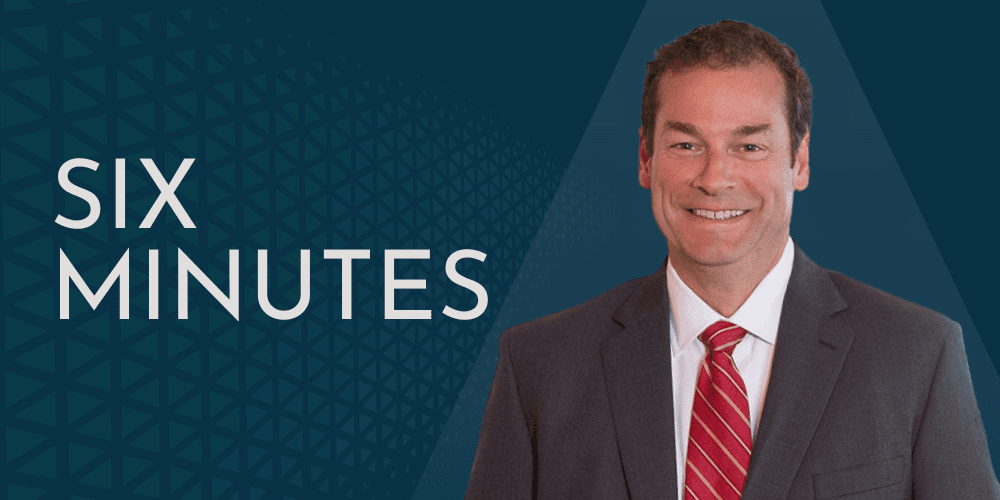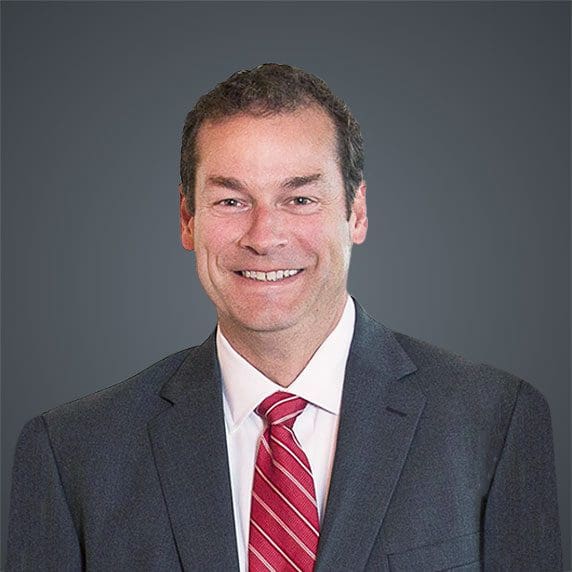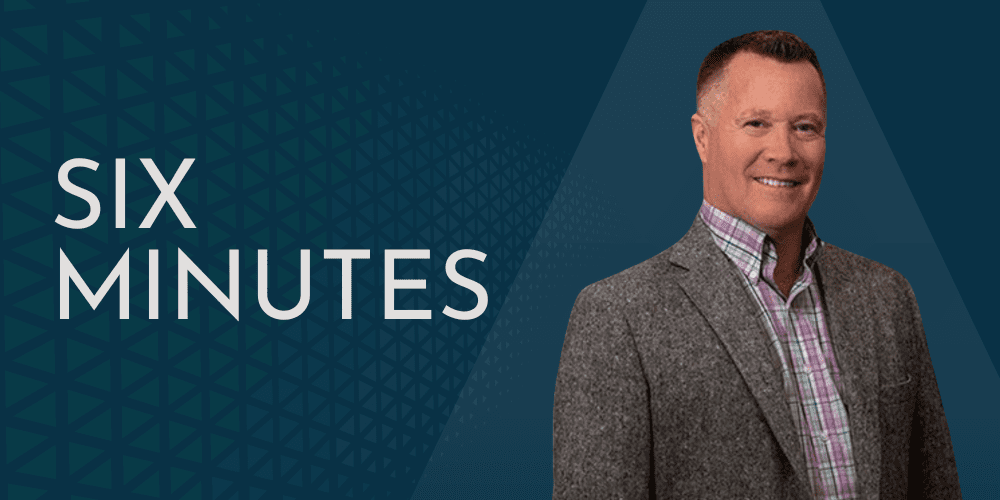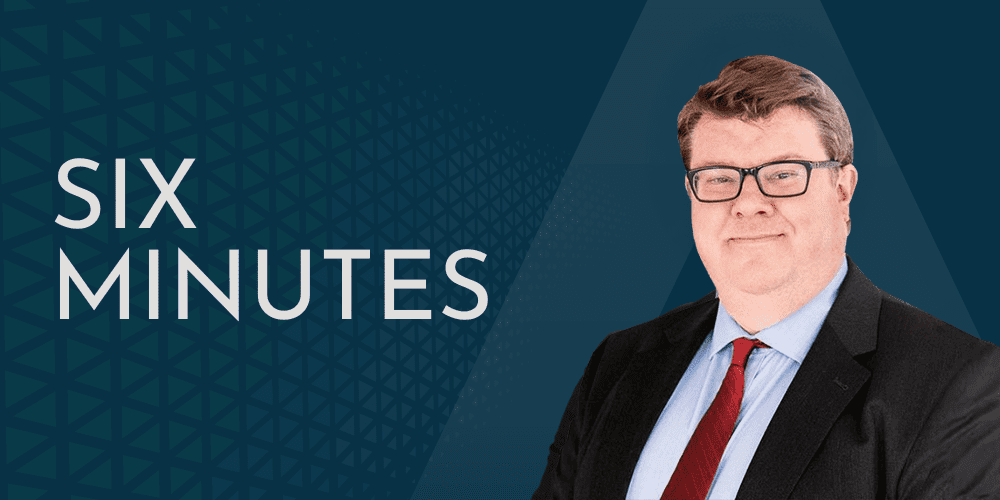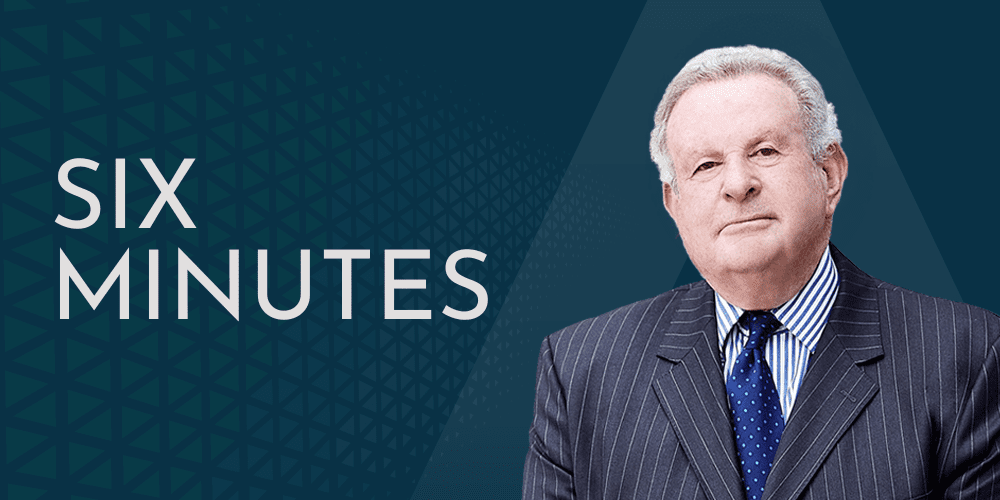1. How do you define your practice and areas of experience:
I wear two hats and I wear them both full-time. I am Managing Attorney of Practus, which means managing a group of very accomplished people with varying and unique skill sets toward a common objective. A big part of that is recognizing the individual needs of everybody’s practice, supporting those needs and ensuring that our support staff delivers the necessary services on the Practus platform to accomplish our objectives.
My other full-time job is being a ‘40 Act attorney, which generally involves providing counsel to mutual funds, exchange traded funds and investment advisers. I’ve been doing this since I first started practicing law and I absolutely love this area of legal practice as it offers the opportunity to work with super creative people. Plus, the regulatory landscape is constantly changing, which keeps you on your toes.
2. How would you describe your client base and services:
This is a two-part answer again. As Managing Attorney I work for the people of Practus. My door stays open, and I ensure we are attuned to changing dynamics and able to adapt. The willingness to grow and be open to change starts with me. Practus doesn’t have the limitations of bricks and mortar or the burden of traditions that dictate we do something a certain way just because that’s how it has always been done. So, we attempt to adapt quickly and never have to be handcuffed.
With respect to my clients. They are investment advisors and companies, boards of trustees, and boards of directors.
3. Tell us about your legal career journey. How did you get here?
During law school, I didn’t intend to practice law in a law firm setting. That changed when I took a class on the Investment Company Act (i.e., the ‘40 Act referred to earlier), and I got introduced to asset management by an attorney who became a close mentor and very good friend. He introduced me to investment management regulation, and I drank the Kool-Aid and never looked back.
My law school career was a bit different in that I attended at night while working at the Federal Reserve and Price Waterhouse Coopers. Since law school, I’ve held positions with a few law firms (Dechert and Husch Blackwell Sanders) and I’ve done some in-house gigs (AIM (now known as INVESCO) and Raymond James). After my stint at HBS, I connected with a few old Dechert colleagues, including Bob Elwood and Steve Cravath to form The 1940 Act Law Group, which evolved into what we have today – PRACTUS!!!!
Wait, we’re a virtual law firm?
In starting The 1940 Act Law Group and then Practus, I didn’t intend to be a “virtual lawyer.” In fact, I didn’t even realize we were a virtual firm until someone mentioned it. My intention was to use technology to build something that allowed me to be anywhere in the world without being tied to an office building. My wife and I had young children, and I wanted a way to deliver high quality legal services but still maximize time with my family and attend my kids’ activities. We didn’t believe the traditional law firm model fit those goals. So, when Bob Elwood and I pushed the concept of Practus, we set out to build a firm where your location doesn’t matter, and where attorneys have more control over the economics of their client relationships and balance of life objectives. We created what I truly believe can be the best law firm in the United States. Being virtual wasn’t the objective – being smart and efficient was. It seems to be working, so we’ll accept the virtual label, but we won’t abandon our primary objectives.
4. What about the Practus model serves you as a legal professional, and as a person?
Our name says it all. Practus. Our organization is about our people and our clients – the “us” part of Practus. I meet my clients as partners versus saying, “Here’s the hours times billable rate formula.” I never feel pressure to be in the office, showing up to produce hours for someone above me. Instead, I get to know my clients, understand where they are, and be there for them. With the traditional law firm structure, lawyers are often unhappy, they often feel like they are stuck on a hamster wheel, and they are only as good as their last billable hour. At Practus, we are striving to create an organization that addresses all of the weaknesses of the traditional model.
5. What is one thing you wish people about to hire a lawyer with your expertise knew?
Often, when people have a business project, they know what they want to do and they look at hiring a lawyer or law firm as a line item of expense, a necessary evil. I wish they looked at their “legal spend” as part of a revenue generating opportunity. When clients include the lawyer in the structuring and planning of their business project,I believe they are often much more successful. I work to understand my clients’ businesses inside out, including all operational and financial aspects. When I build financial products, I see myself as an engineer because I know how to structure things in ways that are more advantageous and will accomplish the client’s objective.
6. What is keeping you busy when you’re not working?
Tending to kids who are at very interesting junctures of their lives – graduating, getting married, starting careers, etc. I feel like I’ve blown much of the day if I don’t start early, so I try to get up as early as possible. I walk the dog every morning, run or work out most days. I attempt to attend Catholic mass 3-4 days per week, and I fish as much as possible in my free time. By the way, people think “going fishing” means actually catching fish, but it’s really about being on a boat. Some of my best fishing trips result in me bringing home no fish – my wife and kids think that’s an excuse and they laugh at me when I say that! 😊
